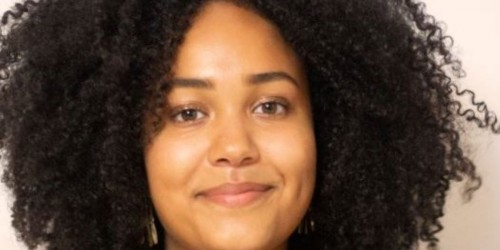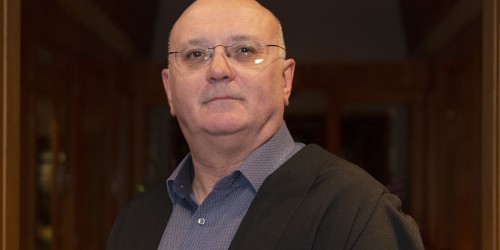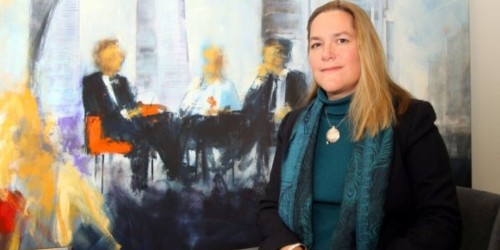
Miriam Dzah: my journey to Lucy and my goals as BME officer
Miriam talks about her work in giving a voice to the diverse experiences of BME students
HSPS is one of the most diverse and international subject communities in our College. In addition to our undergraduates, we have a strong postgraduate presence, with over twenty MPhil and PhD Anthropologists, Criminologists, Sociologists and Political Scientists, alongside research and teaching staff.
The BA in Human, Social and Political Sciences is a broad, flexible degree, enabling students to sample new subjects such as Archaeology, Biological Anthropology and Psychology, as well as pursuing focussed pathways in Politics and International Relations, Sociology, and Social Anthropology. It offers a springboard into a huge variety of careers, from journalism and public relations to law, heritage management and international development.
Over the course of the HSPS degree, students can choose to specialise in one core subject (politics, Social Anthropology, or Sociology) or keep their options open with a two-subject track.
In the first year, students gain a broad foundation in social science disciplines by taking four introductory papers. Alternatively, students can take three of the introductory papers and one optional paper.
In second and third year, students can choose to specialise in a single or joint track within the HSPS Tripos. The course structure will depend on which track is chosen.
Prospective students do not need to decide which track they want to take before making an application.
Further information can be found on the Faculty and University websites
Typical offers require
For other qualifications see the main entrance requirements pages on the University website.
Subject Requirements
A-level
Required: None
Useful preparation: Government & Politics, Sociology, History, English Literature, other essay-based and social science subjects
IB
Required: None
Useful preparation: Global Politics, Social and Cultural Anthropology, History, English (Literature or Language and Literature),
Mature students and those taking other qualifications are encouraged to contact our Admissions Office (at admissions@lucy.cam.ac.uk) to discuss the entry requirements for their qualifications.
Written work
Students will be required to submit two pieces of written work.
Assessments
No assessment is required for this course.
Interviews
Interviews allow us to distinguish amongst excellent applicants by assessing the skills and aptitudes essential for successful study in higher education, and your academic qualities – essentially, how do you think?
Interviews for all applicants to Lucy Cavendish will take place virtually. The aims and content will still be the same as in-person interviews. You can read more about Lucy Cavendish's online interviews here and you can read the University's information on interviews here.
Each candidate typically has two interviews, lasting between twenty and thirty minutes. In some cases, you will be given preparatory material beforehand.
In a few subjects, you will be interviewed by more than one College or in the Faculty. You will be notified of this in your interview invitation.
Supracurricular exploration is an important way to expand your knowledge of your subject, explore your interests and develop your skills. Our new webpage contains guidance on supracurricular exploration and a comprehensive source of resources, grouped according to undergraduate degrees at Cambridge.
Sign-up for our mailing list
We send out monthly newsletters to update you on exciting events and opportunities happening both in Lucy Cavendish College and across the wider university.
Attend an open day or event
Our Events and Open Days page advertises regular events held by Lucy Cavendish College. If you can, join us for a College Open Day to discuss your application with a member of our admissions team.

Miriam talks about her work in giving a voice to the diverse experiences of BME students

College fellow co-authors review of the history of BME housing associations in England since the arrival of Commonwealth migrants

Professor Cordonier Segger is one of the first University of Cambridge women and law and social sciences experts to receive the award.